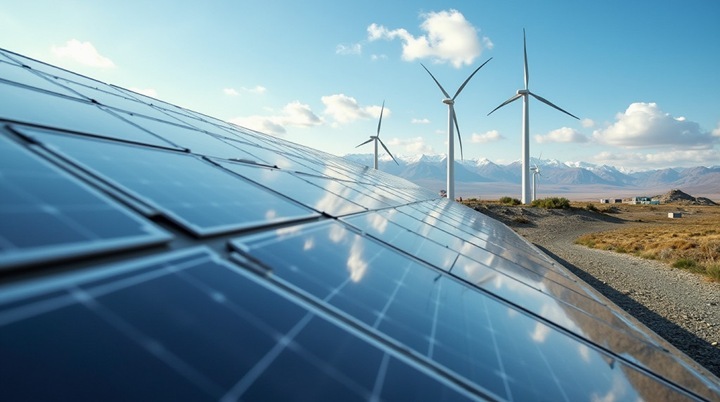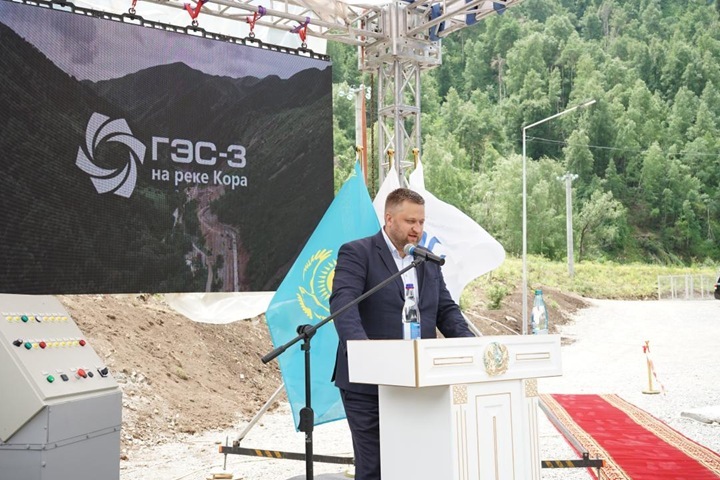The Ministry of Energy of Kyrgyzstan intends to weaken competition to hydropower
The Ministry of Energy of Kyrgyzstan has come up with an initiative that can radically change the landscape of renewable energy in the country and, according to experts, create new barriers to the most environmentally friendly technologies. A package of amendments to the law on renewable energy sources (RES) has been submitted for public discussion, which, on the one hand, is aimed at stabilizing the energy system, and on the other, risks slowing down the development of solar and wind generation in favor of small hydropower plants more dangerous to nature.

The key and most controversial innovation is the requirement to forcibly equip all new solar and wind power plants (SES and WPP) with energy storage systems. According to the project, the capacity of such storage devices should be at least 30% of the installed capacity of the station itself. The department explains its position by the risks associated with the instability of the “green” generation: the sun does not shine around the clock, and the wind does not blow all the time. The lack of storage devices, according to the Ministry, leads to network overloads during the hours of excessive production and to shortages during peak consumption hours, which destabilizes the voltage and frequency in the system and can cause emergency shutdowns.
However, this, at first glance, technically justified requirement carries serious economic consequences. Energy storage systems are expensive equipment that can increase the capital costs of building a SES or wind farm by tens of percent. At the same time, in the proposed amendments, there is no similar requirement for small hydroelectric power plants, which by law also belong to renewable energy sources. Thus, hidden preferences are created for the construction of small hydropower plants, which become much more attractive projects for investors compared to solar and wind farms burdened with additional financial obligations.
This situation is of particular concern from the point of view of ecology. Despite the status of a “renewable source”, small hydropower plants cause significant damage to the environment. Their construction disrupts natural river channels, poses a threat to the migration of fish and endemic species, changes the hydrological regime and leads to degradation of river ecosystems. At the same time, solar and wind parks, with proper placement, have incomparably less impact on nature. It turns out that the legislative initiative designed to solve the technical problems of the energy system risks pushing the development of energy in Kyrgyzstan along a more dangerous path for the environment.
An additional touch to the overall picture was another amendment proposed by the Ministry of Energy on the same day. It obliges all renewable energy entities, including solar, wind and small hydroelectric power plants, without exception, to deduct 1% of the proceeds from the sale of electricity to the budgets of local governments. According to the officials, these funds should be used to “finance social, infrastructural and environmental projects and improve the quality of life of the population,” as well as reduce the dependence of local authorities on the central budget. But against the background of unequal requirements for the installation of storage devices, this “tax” only emphasizes the imbalance: all RES will pay equally, but the costs of entering the market for solar and wind energy will be disproportionately higher. Thus, the future of truly clean energy in Kyrgyzstan is in question, and the decision now depends on the outcome of public discussion and the political will of the country’s leadership.
Alexander Eskendirov (Rivers.Help!)
Original (in Russian): Минэнерго Кыргызстана намерено ослабить конкуренцию гидроэнергетике


